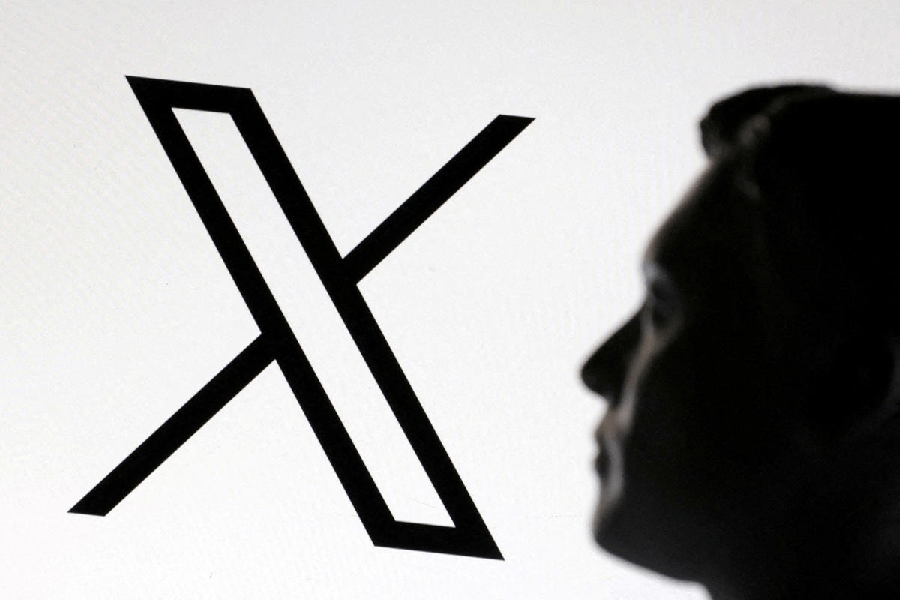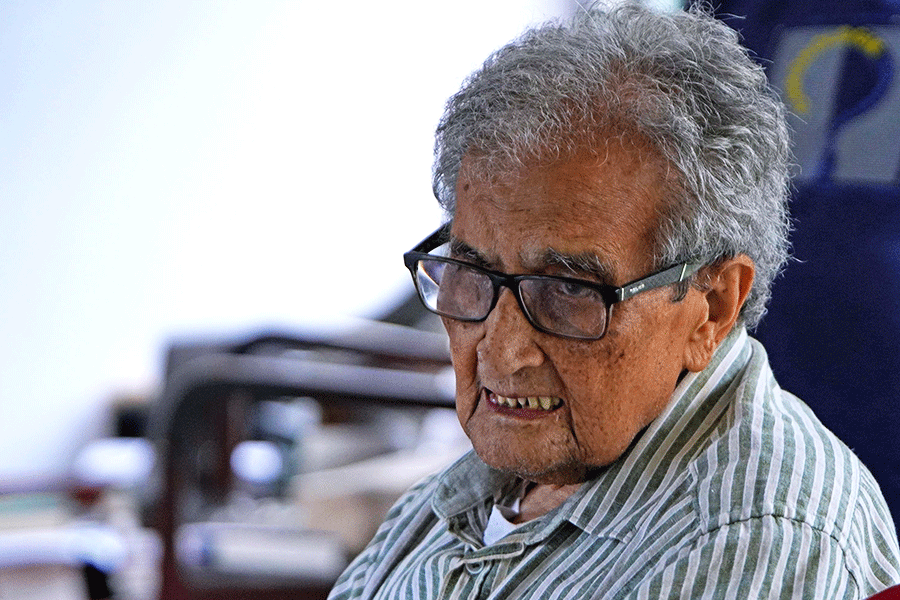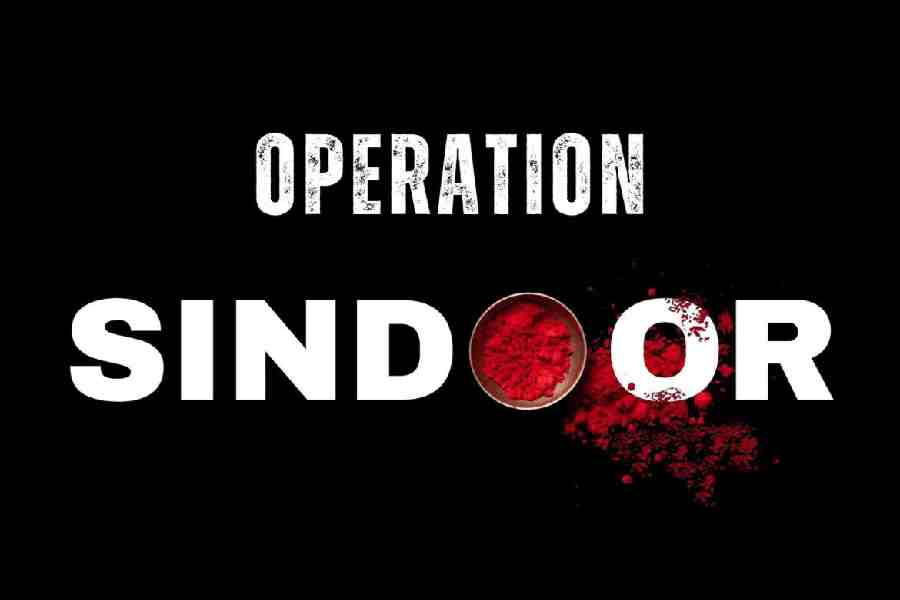Swear by Charak — that’s what the National Medical Commission wants all graduating doctors to do. If this will be in place of the Hippocratic Oath or alongside it is still not clear, but what is not to be doubted given the hyper national climate is the intent behind the move. Move over, Hippocrates, ancient Greek physician, born in 460 BC. Enter Charak, ancient Indian physician who lived before 100 AD. But then there is the possibility that Mansukh Laxmanbhai Mandaviya might have imagined he was giving Hippocrates the sack, when it was actually Pythagoras who took the bullet.
Name, place and things
Indeed, many believe that it was Pythagoras of Samos, born in 570 BC, who wrote what is known as the Hippocratic Oath or The Oath. The same that begins thus: “I swear by Apollo the physician, and Asclepius, and Hygeia and Panacea, and all gods and goddesses…” One of the reasons for believing so is that Hippocrates was known to be against “religion-based medical practice”. But that’s not the point. The point is that the Hippocrates Oath has in modern times been continuously modified in name and content depending on religious and societal beliefs and cultural practices of adoptive countries, as against some overarching medical wisdom.
Primum non nocere
There is a Christian version of the oath with an invocation to “God the Father of our Lord Jesus Christ” instead of Apollo and his kin. Sometimes it is printed in the form of a cross. There are versions that factor in anti-abortion and anti-euthanasia stands. The Geneva Medical Oath of 1948 was also a version born of the awareness of “medical participation in Nazi war crimes”. It goes: “I will not permit considerations of race, religion, nationality, party politics, or social standing to intervene between my duty and my patient.” Sometime in the 1990s, the oath taken by Yale medical students included “gender” and “sexual orientation” in the portion about non-discrimination. Will the Charak Shapath be revolutionary or just a token saffron change, who can say? So long as it keeps to the olden motto as encoded by Hippocrates/Pythagoras/Pythagoreans, it should be fine. Primum non nocere, which is Latin for “first do no harm” or “at least do no harm”. Over to Mr Mandaviya.










